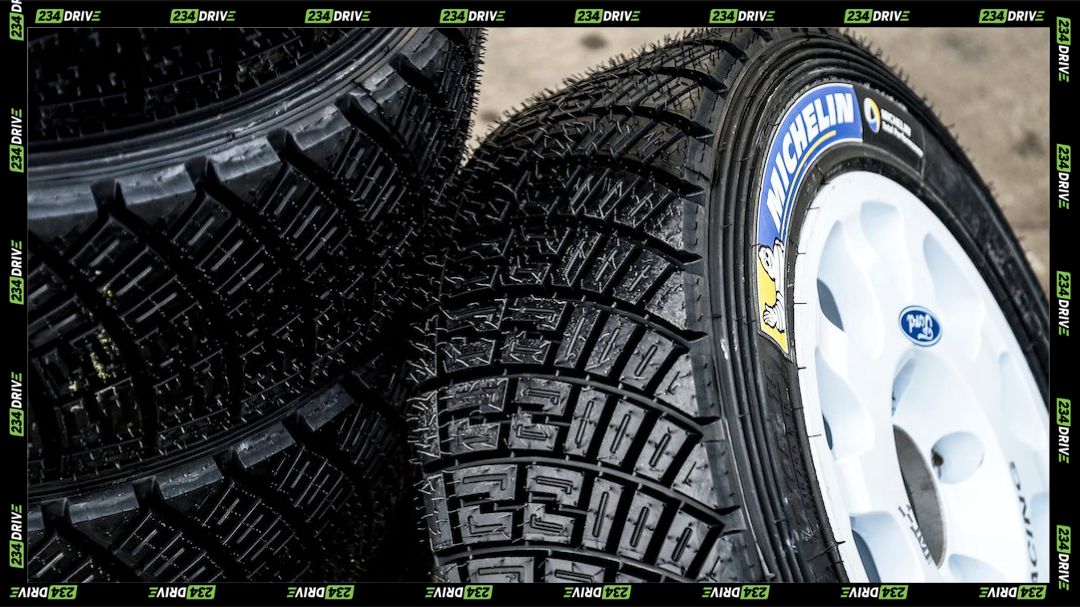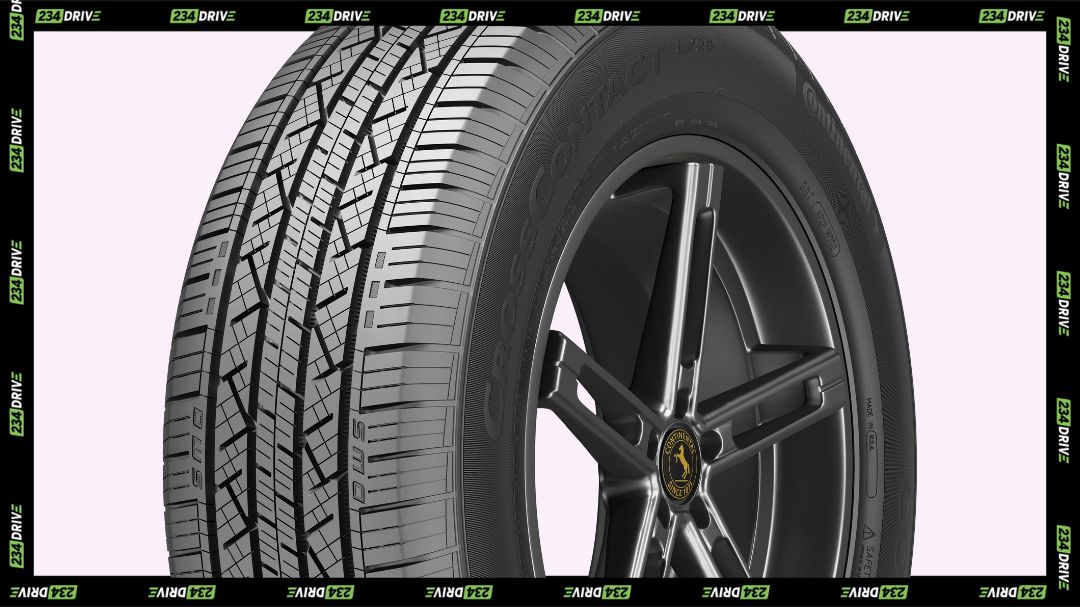Maintaining your car’s tyres in Nigeria is crucial for both performance and safety. The country’s roads feature unpredictable potholes, extreme heat, and rough terrains, all of which can compromise tyre integrity and increase the risk of accidents. Proper tyre care affects not only your safety but also fuel efficiency and long-term vehicle costs.
This guide draws on research from National Highway Traffic Safety Administration (NHTSA), AAA, and local Nigerian experts to provide practical steps for keeping tyres in optimal condition. By following these recommendations, drivers can extend tyre lifespan, reduce repair expenses, and improve overall road safety in Nigeria’s challenging driving conditions.
Key Practices for Tyre Care
1. Maintain Proper Inflation
Tyre pressure affects grip, fuel economy, and heat buildup. Check pressure weekly or bi-weekly, when tyres are cold. Use the PSI gauge on your driver’s door jamb or owner’s manual and avoid relying on gas station gauges because they are often inaccurate. Underinflated tyres lead to overheating, poor fuel efficiency, and an increased risk of blowouts, while overinflated tyres reduce traction and comfort. Nigeria’s temperature swings can change pressure by up to 5 PSI, so check the pressure more frequently during hot or rainy seasons. Proper inflation also extends tyre life and improves fuel efficiency, which is especially important given the rising cost of petrol.
2. Inspect Regularly
Perform visual inspections every month or after rough drives. Check for cracks, cuts, or bulges, which often result from pothole impacts. Observe the tread for uneven wear, which can be caused by alignment or inflation issues. Measure tread depth and replace tyres when it drops below 1.6mm, as this indicates significant wear.
You can also perform quick tests to assess tread health. Insert a penny with Lincoln’s head down; if you can see the top of his head, the tread is worn out and should be replaced. Alternatively, use the built-in tread indicators to determine if the tyres still provide sufficient grip.
After hitting potholes, check for pulling or vibrations—signs of damage. In Nigeria’s rainy season, these inspections are even more critical to prevent hydroplaning.
3. Rotate and Align Tyres
Rotate tyres every 5,000–10,000 km to ensure even wear, as front tyres usually wear faster due to steering and braking loads. After rotation or any major impact, make sure to balance and align the tyres. Balancing the tyres helps prevent steering vibrations, while proper alignment corrects the wheel angles to ensure smooth handling. Performing these services regularly extends tyre life, prevents uneven tread wear, and improves handling on Nigeria’s harsh terrain.
4. Drive Smart on Pothole-Prone Roads
Your driving habits can make or break tyre health. You should slow down over damaged roads to reduce impact on the tyres. Always scan ahead to safely avoid potholes whenever possible. If you cannot avoid a pothole, release the brakes just before impact so the tyres can absorb the shock better. Avoid overloading the vehicle, as extra weight strains the tyres and suspension.
During heavy rains, drive slower to reduce the risk of hydroplaning. Nigeria’s unpredictable roads require constant alertness and careful driving rather than speed.
5. Choose the Right Tyres
Select tyres suited to Nigerian conditions. All-terrain or reinforced sidewall designs handle both urban and rural roads effectively. Tyres with deep treads provide improved grip during rainy conditions. Higher aspect ratios, between 50 and 70, offer better cushioning and absorb shocks from potholes.
Avoid second-hand (“tokunbo”) tyres because they may be expired or structurally weakened. Always check the DOT code on the sidewall to determine the manufacturing date. Tyres older than six years should be replaced even if they appear to be in good condition.
Best Tyre Brands for Nigerian Roads
- Michelin tyres are durable, produce low noise, offer excellent wet grip, and are ideal for urban highways such as the Lagos-Ibadan Expressway. Prices range from ₦50,000 to ₦150,000.

- Dunlop tyres have strong treads, provide efficient fuel use, and perform well on rural and rough roads. Prices range from ₦40,000 to ₦120,000.
- Bridgestone tyres feature reinforced sidewalls, are long-lasting, and suit mixed driving conditions. Prices range from ₦45,000 to ₦130,000.
- CEAT tyres are affordable, rugged, and ideal for off-road or village roads. Prices range from ₦30,000 to ₦100,000.
- BF Goodrich tyres offer all-terrain traction, making them suitable for 4WD vehicles and bad roads. Prices range from ₦50,000 to ₦140,000.
- Continental tyres are heat-resistant, safe for long-distance highway travel, with prices ranging from ₦55,000 to ₦150,000.

Recommended Maintenance Schedule
- Pressure checks should be done weekly or bi-weekly, including the spare tyre, to ensure optimal performance.
- Conduct visual inspections monthly, checking for cracks, bulges, or other signs of wear.
- Tread depth should be checked monthly; replace tyres when the tread is below 2/32 inch.
- Rotate tyres every 5,000–10,000 km, following the vehicle’s manual pattern.
- Balancing and alignment should be performed every 10,000 km or after hitting potholes to prevent vibrations and uneven wear.
- Full tyre replacement should occur every 6–10 years, based on the DOT code on the tyre sidewall.
Handling Emergencies
If a tyre bursts:
- Hold the steering firmly.
- Do not brake suddenly—maintain control and slow down gradually.
- Pull off safely and stop in a secure area.
If you must use a spare, remember most are temporary. Replace it with a full-sized tyre soon. Always keep essential tools: a jack, wrench, spare, and reflective triangle.
Nigerian Road Realities
Many drivers underestimate how fast bad roads can wear tyres. For example, in 2023, a bus travelling from Abuja to Lagos crashed after a front tyre burst—the tyre was bald and cracked. The incident highlighted how poor maintenance and expired tyres remain silent killers. Regular checks could have prevented it.
Rough roads also increase rolling resistance, forcing engines to work harder and burn more fuel. Properly maintained tyres improve efficiency by up to 3%, saving costs and emissions.
Final Thoughts
Tyre maintenance in Nigeria requires vigilance, consistency, and informed choices. From inflation checks to proper driving habits, every step helps extend tyre life and prevent accidents. Investing in quality tyres and professional maintenance may seem costly upfront, but it saves lives and money in the long run.
By following these principles, Nigerian drivers can navigate even the worst roads with greater confidence and safety.









